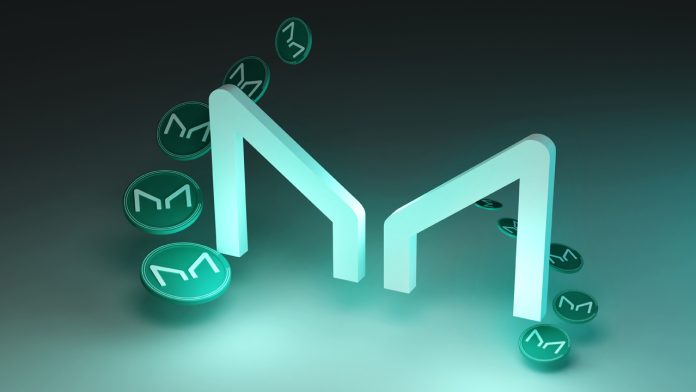Cryptocurrency advocates have been discussing a proposal from Makerdao co-founder Rune Christensen to set up a Scientific Sustainability Fund. The idea is to finance initiatives that combat climate change and combat misinformation about energy solutions. To proceed with the plan, Christensen needs 20,000 MKR tokens. The draft of the Maker Constitution was met with criticism on social media, with one person comparing Christensen’s plan to the controversial Effective Altruism Movement, backed by FTX cofounder Sam Bankman-Fried.
Makerdao Co-Founder’s Weather Change Initiative Draws Mixed Reactions
The ongoing Makerdao Maker Improvement Proposal (MIP) from co-founder Rune Christensen requires 20,000 Makerdao tokens (MKR) to fund a Scientific Sustainability Fund. According to Christensen, “Scientific sustainability is a core principle of the Maker Constitution that acknowledges the unique, essential link between economic infrastructure and the global risks of climate change.” This was stated in a Makerdao post on a discussion board.
Christensen, an ardent climate change activist, wants the funds to battle “disinformation about energy solutions that have demonstrated a real-world track record of achieving scalable decarbonization.” At the time of writing, 20,000 Makerdao (MKR) is roughly equal to $14,000,000 at current exchange rates.
While many believe the science of climate change is settled, others do not. Some deny its existence and many insist that “there is no climate emergency”. Some cryptocurrency advocates have mocked Christensen’s proposal with one calling it “junk” and its advocates “thieves destroying value for MKR holders.” Another person argued that a stablecoin project must be used to combat climate change locally.
One individual commented that “it appears Rune has gone full effective altruism”, referring to the movement that was backed by former FTX CEO Sam Bankman-Fried. In response to this observation someone asked, “Why don’t you use your own money instead of MKR’s treasury?” While some understand the distinction, others do not. Some

